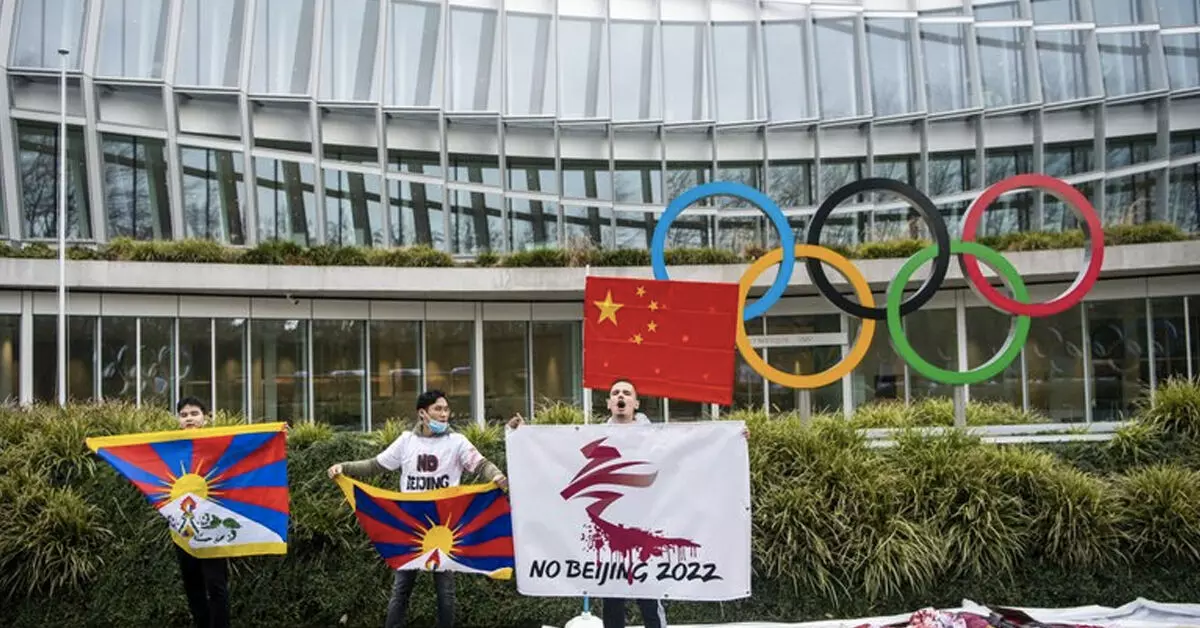Featured
Why is there a call to boycott the Olympics?
While the Tokyo Olympics is happening after a year despite the fear of coronavirus is far from being over, there are calls to boycott the Beijing 2022 Winter Olympics.

Protests against Beijing Olympics 2022 (Source: AP)
The Tokyo Olympics is just three months away to be underway. After getting postponed for a year because of the coronavirus, the quadrennial Games are finally happening this year despite the coronavirus scare is far from being allayed. Strict protocols and measures are being taken to host the Games, despite several protests in Japan against hosting the games amid the pandemic.
Meanwhile, the Beijing 2022 Winter Olympics are also nearly a year away, but discussion of a potential boycott is looming large. The discussions of boycott mainly sprung up from the US. The last time the US boycotted an Olympics was in 1980, when it withdrew from the Summer Olympics in Moscow to protest the Soviet Union's invasion of Afghanistan. Four years later, the Soviet Union repaid in kind by skipping the Games in Los Angeles.
Why is there a call to boycott the Beijing Olympics?
While Western countries' relationship with China grows bitter, public opinion is increasingly focused on China's human rights abuses and authoritarian politics. China is being extensively criticised for its human rights violation - political freedoms in Hong Kong, threats to self-rule in Taiwan, and repression of the Uighurs in Xinjiang, which some Western governments have classified as genocide. Calls from activists to boycott what they label the "Genocide Games" will grow as the Opening Ceremony approaches next February, increasing the reputational risk for governments and companies that participate. This February, over 180 human rights groups published an open letter that urged all governments to refrain from sending political representatives to the Games — a so-called diplomatic boycott.
Not only the Winter Games, but China also witnessed massive protest back in 2008 during the Summer Games, where there were calls to boycott because of religious persecution in Tibet and Beijing's support for a violent regime in Sudan. They mostly failed. A few politicians, notably German leader Angela Merkel, decided not to attend the Games, though more than 80 national leaders, including US President George W. Bush, still showed up.
But Western attitudes toward China have worsened considerably since 2008. Under Xi Jinping, who came to power in late 2012, China has become more authoritarian at home and more assertive abroad. Political crackdowns, human rights abuses, and aggressive "wolf warrior" diplomacy — with its politicized insults and economic threats directed at foreign countries and officials — are hardening attitudes toward China in Western governments, media, and publics.
